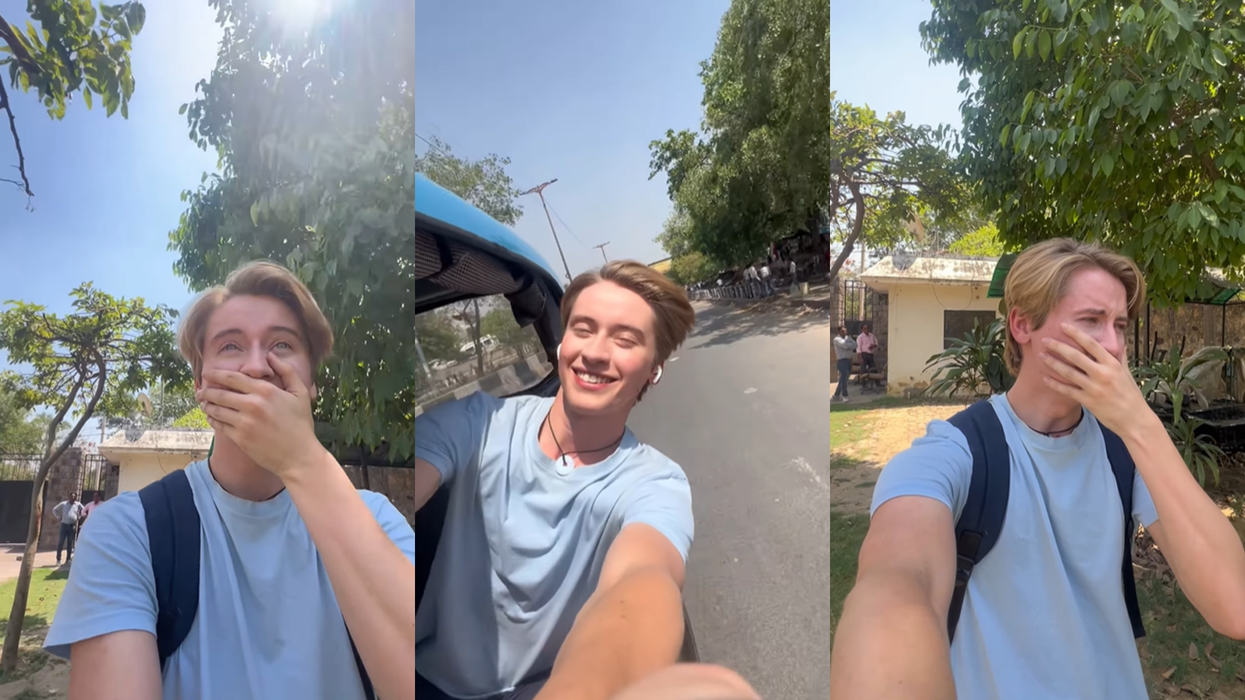For most people, childhood memories often fade into dusty corners of photo albums. But for Ralph Leng, they stood still behind the familiar walls of a house in India he hadn’t seen in over 16 years.
Ralph, a London-based video creator, recently travelled back to India, the place he once called home. The moment he reached the gate of his old house; a flood of emotions took over. In a short video shared online, he’s seen walking through the lanes of his childhood and breaking down as he finally steps into the house he had to leave as a boy. His voice cracks as he says, “It’s crazy,” capturing the moment years of distance came crashing into the present.
The video also cuts to clips from his early days in India, him laughing, running around, and even playing with an elephant. The house hadn’t changed much, but for Ralph, everything felt different. He wrote simply, “I love India,” in his post. No frills, just raw memories and emotions.
Viewers online were quick to connect with him. His video has crossed over 2.4 million views and sparked thousands of comments, many from people who had similar stories. One person wrote about growing up in their grandmother’s house in Delhi and how they still cry thinking about it. Another said, “You don’t leave memories behind. They come with you.”
The reaction wasn’t just about nostalgia, but it was about shared longing. Many related to Ralph’s story of moving countries and leaving a part of themselves behind. Some even asked if he managed to find any old friends. Others simply said, “This made me cry too.”
Ralph hasn’t stopped there. While in India, he’s been sharing glimpses of his journey exploring places, meeting locals, and soaking up the chaos and beauty of the country that once shaped him.
What made Ralph’s video resonate was its honesty. No elaborate setup, no filters, just a man standing where he once played as a boy, trying to make sense of time gone by. And in doing so, he reminded many that no matter where we go, a part of us always waits back home.





